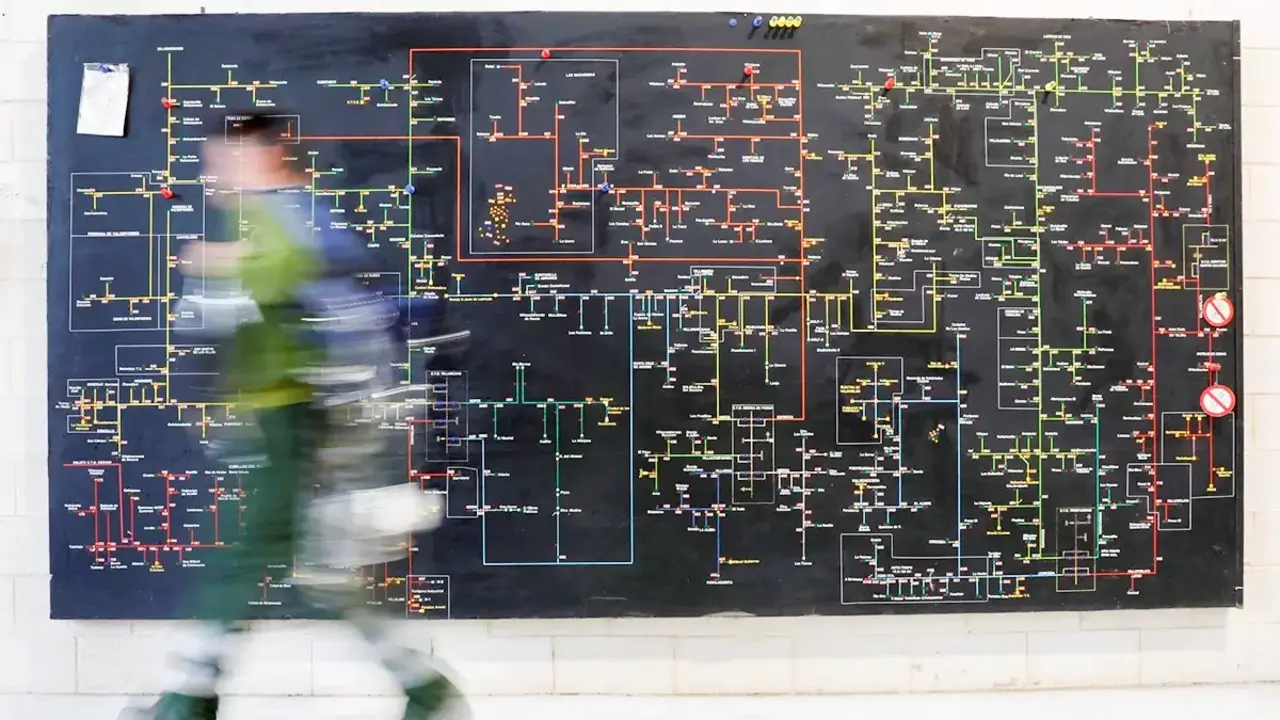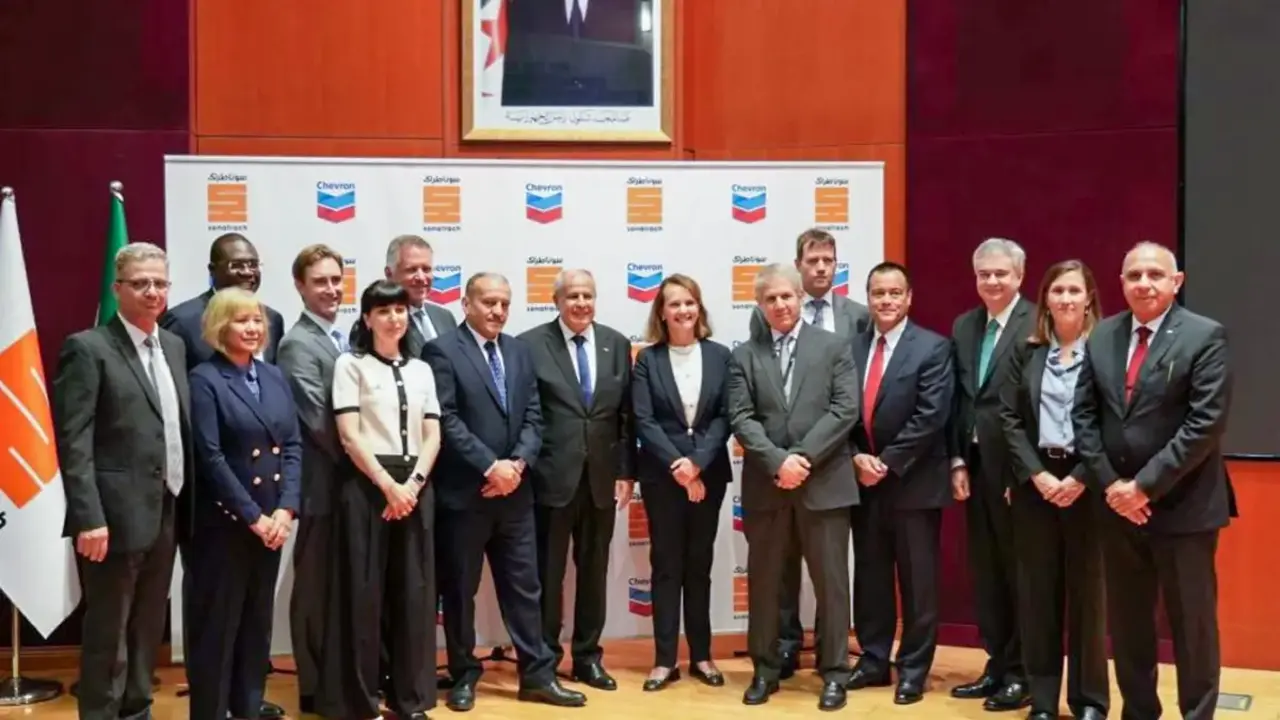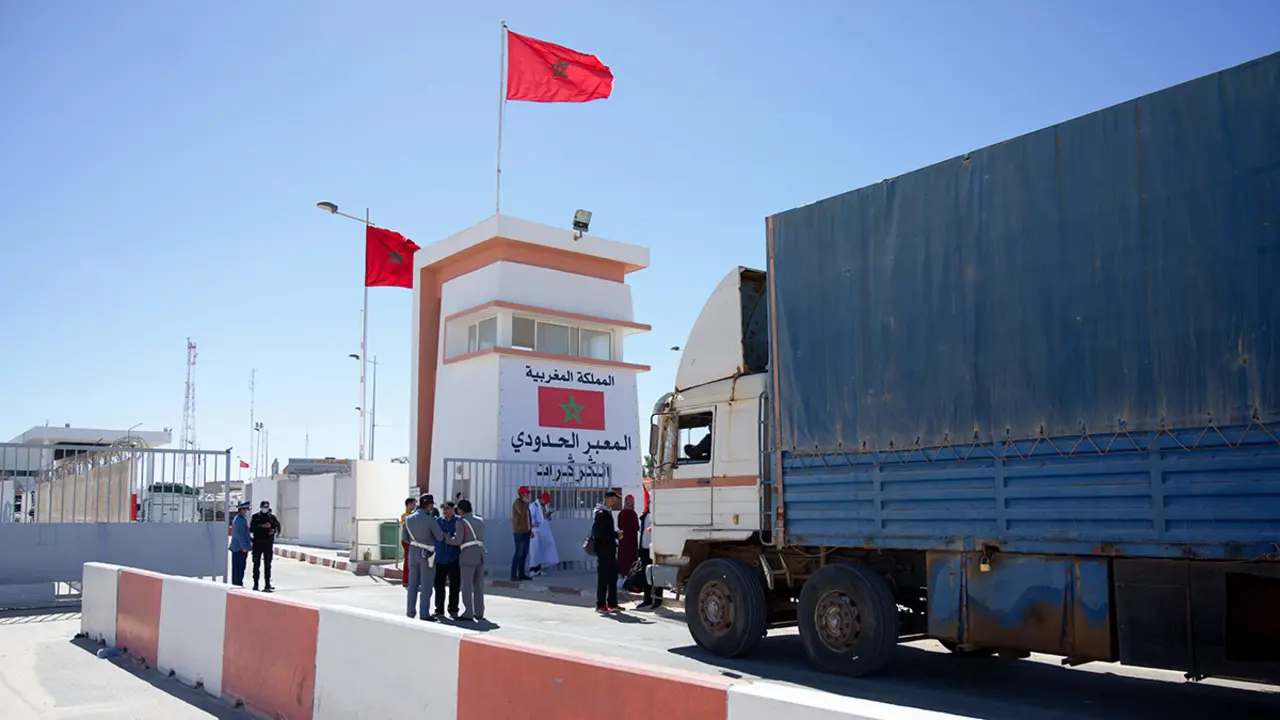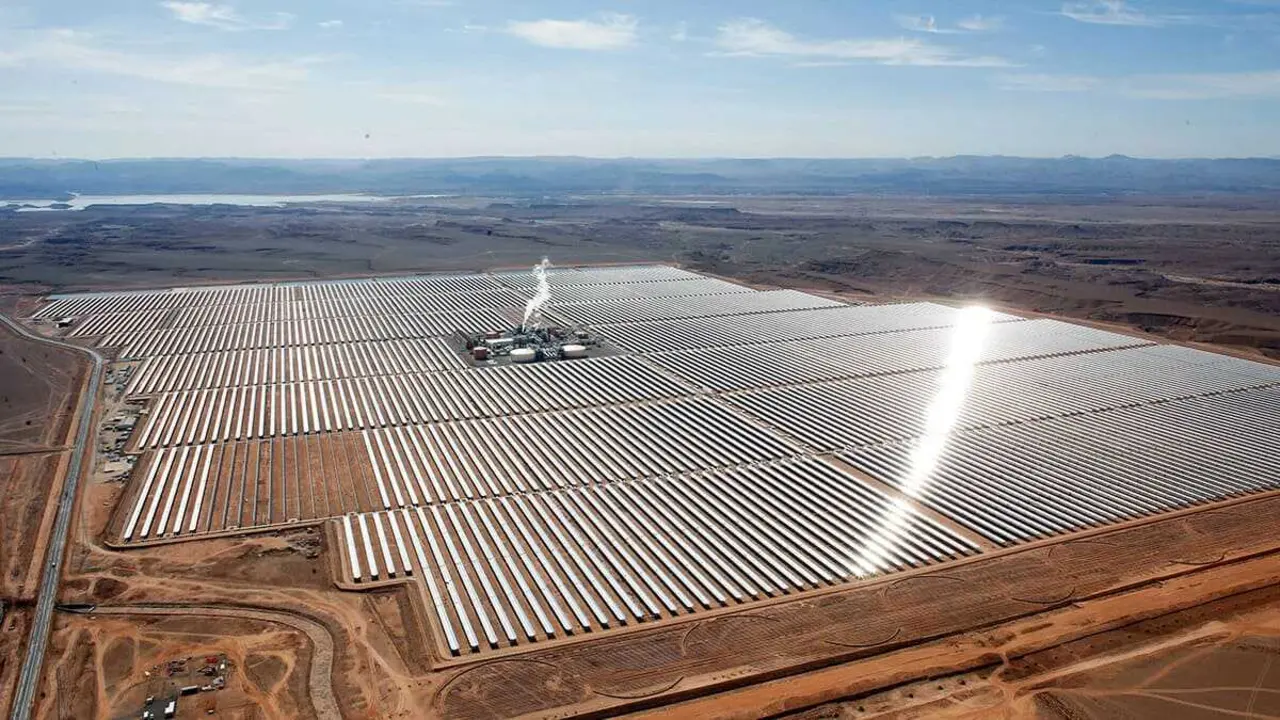Algeria seeks to stimulate agriculture to ensure food security
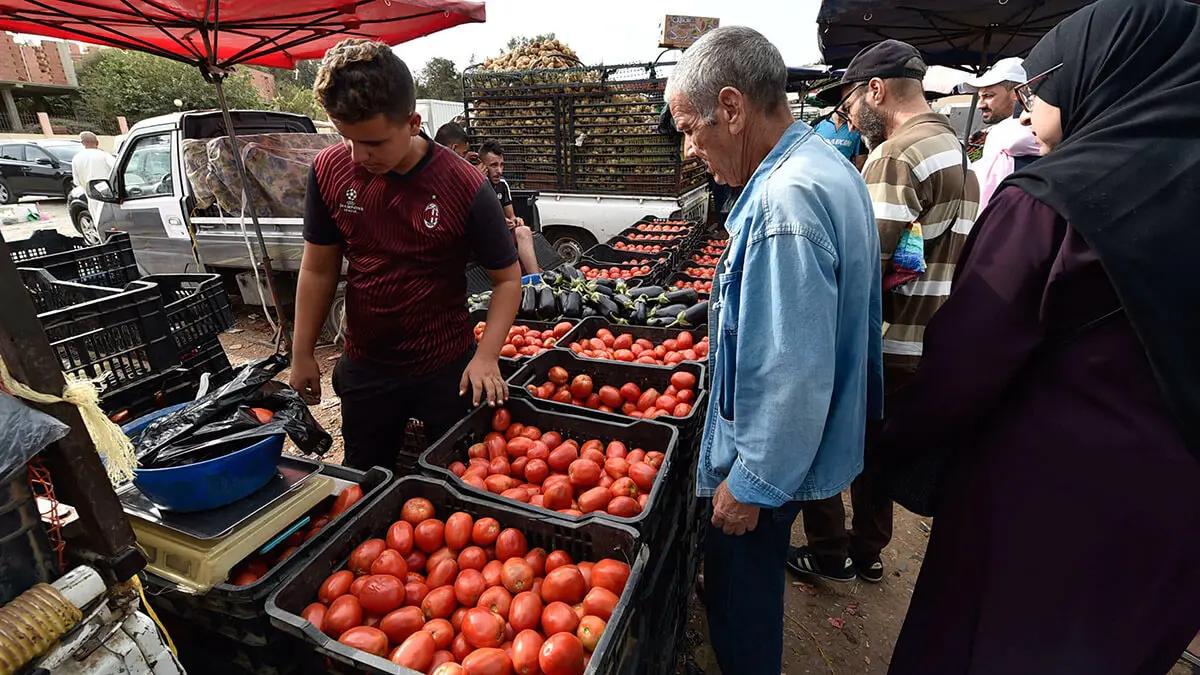
Algeria's authorities are trying to boost the agricultural sector after it has for many years been far from the state's attention compared to its regional neighbours due to over-reliance on oil and gas imports.
To this end, during a recent Cabinet meeting, President Abdelmadjid Tebboune stressed the need to give more prominence to agriculture, as it represents the second most important sector after the fossil fuel industry.
According to the official Algerian news agency, Tebboune called on the authorities to focus on this sector, which, as in other Arab countries, faces challenges such as drought and water shortages due to climate change.
This move could mark a new direction for developing investment in agriculture, a sector with great potential that the authorities have not paid attention to before.
As Al-Arab recalls, since 2001 no government has been able to develop a clear strategy to develop this industry. Currently, the Ministry of Agriculture is conducting a comprehensive agricultural and livestock census across the country that is expected to provide accurate data on the size of assets in this sector.
The first phase of the census process, which started at the end of 2021, included five states, including Ain Temouchent, Tipaza, Mila, Ghardaia and Adrar.

The general census of agricultural and livestock areas in the country is based on the use of digitisation and data processing techniques. Two years ago, the Ministry started using drones for this process for the first time, especially in the census of agricultural and livestock farms in desert areas.
The census process is likely to help collect all the data on agricultural investments spread across the nation, as well as labour force, insurance, water resources, livestock, land exploitation rate and all other aspects related to the sector.
Economist Anwar Sekio - quoted by the Arab media - stresses that after the census process, special information may be found for the purpose of future research.

The Algerian authorities are redoubling their efforts to make the process as quick as possible, as rising world prices have put enormous pressure on food prices.
To address this situation, the government is seeking to establish modern, efficient, effective and competitive agricultural bases to help ensure food security in the short term.
Algeria is estimated to have more than one million agricultural and livestock farms, but it appears that they are not enough to achieve food sufficiency, Al-Arab notes.
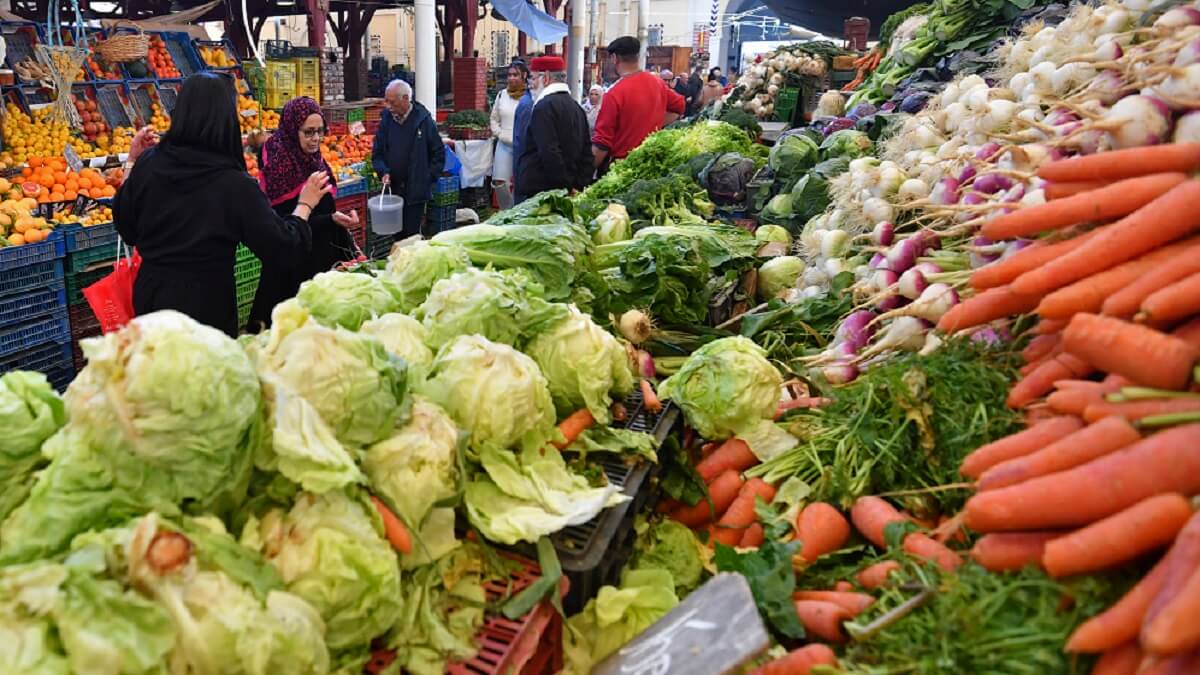
Agricultural income constitutes 13 per cent of the country's gross domestic product, equivalent to $25 billion annually, while 2.5 million people out of a population of 44 million work in the sector, according to official estimates.
The sector was also able to achieve an average growth of around 2.7% over the last decade, meeting the food needs of the population by around 73 %, according to government data.
However, the sector, which is highly dependent on rainfall, and whose wages are low, has not developed as expected. Moreover, modern technologies that could stimulate further growth are hardly used.


